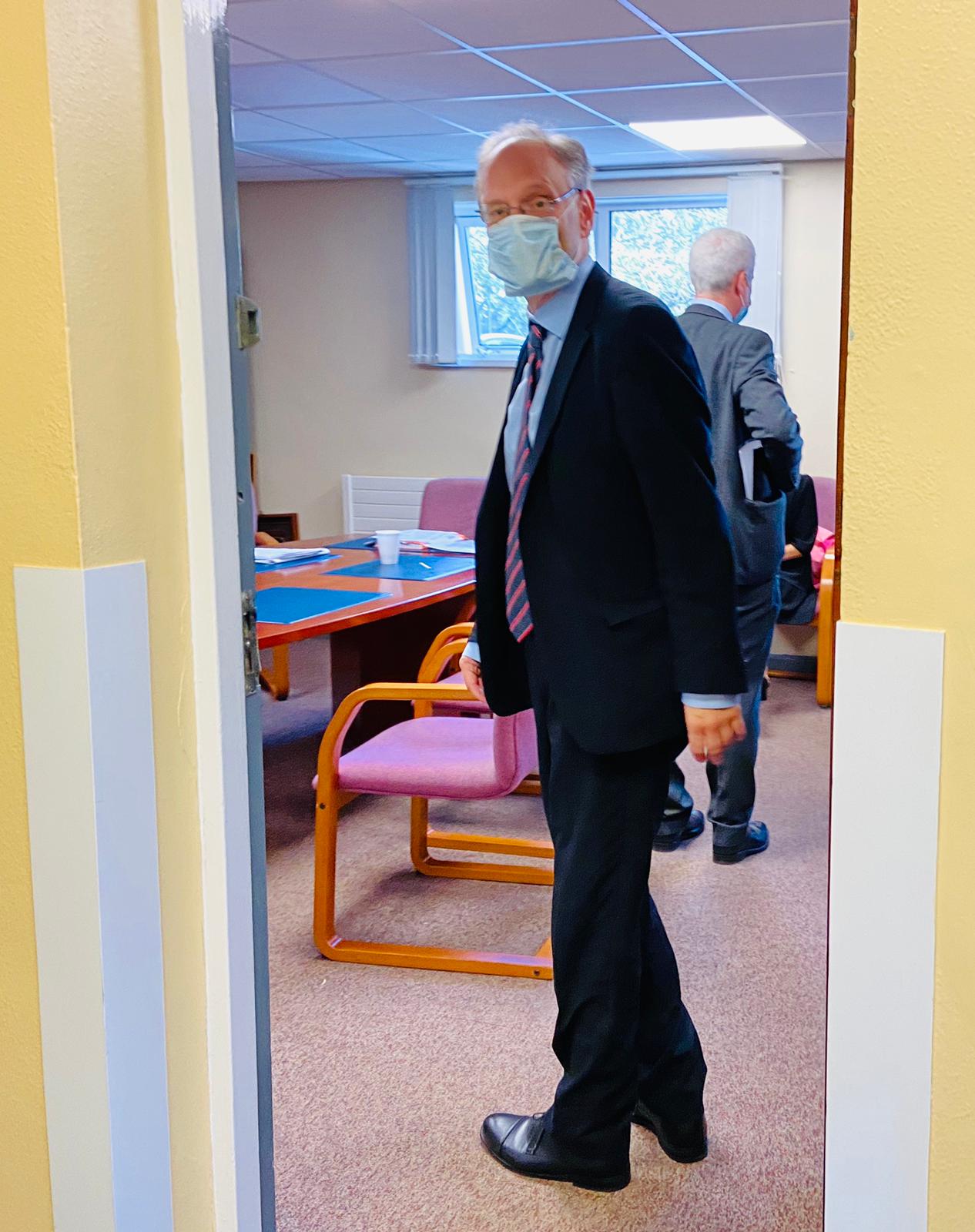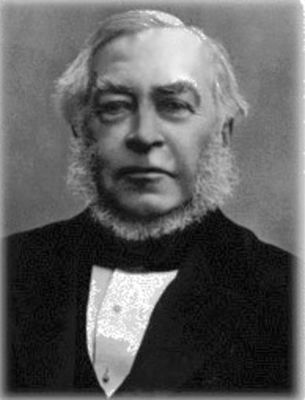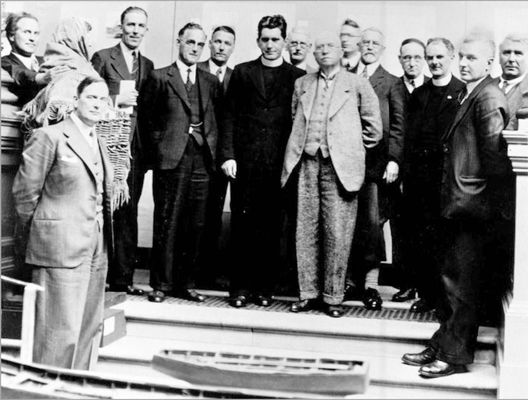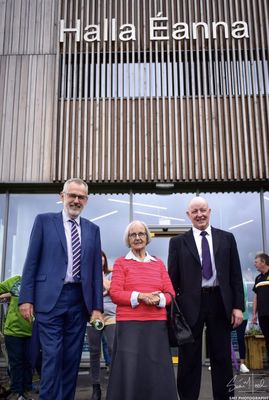IN THE wake of the release of A-Level grades (results of examinations which never took place) on August 13 the meeting of the Stormont Education committee the following morning was sure to be a fire-cracker. Originally the main business was to be the reopening of schools with a brief look at A-Level results. In the event the results were the only topic discussed. Mindful of the fact that he had cancelled A-Level examinations back in April and decreed that the results would be determined by the CCEA (Council for the Curriculum, Examinations and Assessment) based on teachers’ predictions and schools’ past performances, Education Minister Peter Weir, accompanied by three senior civil servants from the Department of Education, made his opening remarks in his usual placid style.

He began: “Yesterday, young people in our schools received their AS and A-Level results. It is important to put on record our congratulations to all those young people on their achievements. While we focus on the various issues arising, it is important that we take time to congratulate those young people on their achievements. That reflects not only on them but on their parents and teachers for supporting them in what are challenging times.” He quoted statistics, referred to various formulae and introduced the term ‘algorithm ‘ several times to the committee. The chairman, Chris Little, did his best to keep matters under control but it was obvious that he and some other committee members were at odds with the Minister.
Daniel McCrossan (SDLP) pulled no punches. He had been inundated by parents, teachers, school principals and doctors worried about students with suicidal tendencies.
“Minister, can you explain and outline to the Committee what the formula looks like? Can you produce it to the Committee? Can you show us the algorithm that outweighed the judgement of teachers? Minister, could you produce your homework to be marked?”
I have just asked CCEA to ensure that all AS & A2 students now receive the highest of either their CAG (teacher assessed grades) or the grade provided by CCEA.
— Peter Weir (@peterweirmla) August 17, 2020
This will safeguard students from NI so that they are not disadvantaged in comparison with other students in GB
The Minister was soon reaching for his glass of water. He quoted statistics, but conceded to Mr McCrossan: “Okay, we can get the paperwork for the committee.”
Just when it seemed things might calm down, Karen Mullan (SF) addressed Mr Weir online from Derry. She told him that “every principal she spoke to, thought it is a shambles”.
“They are very angry and frustrated. They do not know of any other profession whose judgement would be disregarded in this manner. They have put in a lot of time and work and have the evidence to stand over the grading. The question they are asking is, ‘Why do it? What was the point when it was not accepted?’”
Again, the Minister quoted statistics, asking his civil servants to help out. One gave practical assistance by keeping his glass topped up. He rejected calls for an independent review, telling the committee that individual schools could make appeals. He told them that he would make information on the formula public but warned that some of it would be technical data – the implication being that most of us would be unable to understand it. “I think CCEA’s processes were sound. I don't intend at this stage to have an independent review.”
Within days he did a somersault and A-Level results were re-issued using teacher predictions. One side effect of this is that Minister Weir won't have to give the committee any paperwork.
I have just asked CCEA to ensure that all AS & A2 students now receive the highest of either their CAG (teacher assessed grades) or the grade provided by CCEA.
— Peter Weir (@peterweirmla) August 17, 2020
This will safeguard students from NI so that they are not disadvantaged in comparison with other students in GB
Which begs the question: what is an algorithm?
I put the question to Billy Gillen. Billy is a great numbers man. He reminded me of the time when he sold life insurance. He had a questionnaire. Early in his interview with a prospective client he would elicit what he nicknamed ‘Name? Rank? Number?’
Having established the client’s age, health, whether he smoked, and certain financial details, Billy would use tables to determine costs. He points out that nowadays the information would be fed into a computer application which would provide the necessary figures.
The Greeks had the Sieve of Eratosthenes, an algorithm for systematically finding prime numbers. Just like the tables supplied by the insurance company to Billy, algorithms are nothing more than a series of instructions or mathematical processes to complete a task. Algorithms may be simple or advanced. An example of a simple algorithm is to convert English miles to kilometres: multiply by 5, divide by 8.
Many parents will wonder how an idea so simple at its core should have caused the problems they have endured in the second half of August when many A-Level students were handed grades much lower than those predicted by their teachers. As a result of communal uproar these were binned and the teachers’ predictions were wheeled out again. As always, politicians come out of the woodwork just when we need them to explain inconsistencies. As Minister Weir had followed England, he was content to sit back.
Meanwhile, Boris Johnson tells pupils at a school in Leicestershire that grades were “almost derailed by a mutant algorithm.” This sounds like an idea hatched in a holiday tent in Scotland. Predictably, not everyone agrees with Boris. Stan Westlake, CEO of the Royal Statistical Society, said the “colourful phrase” reflected the fact that ministers, parents and students were “surprised by the result that it generated.” The algorithm “wasn't a mutant or freak of nature. This was something that could have been foreseen.” It's now known that Ofqual (the Office of Qualifications and Examinations Regulation, the English equivalent of the CCEA) were instructed by ministers to keep grade inflation down. In other words, the algorithm produced the results which were asked for. The politicians didn't bother to look at them before they were published. They could have viewed the results months ago.
The problems generally come when those overseeing the departments making the algorithms ask them to do something stupid. We only become aware of algorithms when humans have done something badly.
Meanwhile, in the South of Ireland, results of Leaving Cert exams that never happened will be released on Monday, September 7. Teachers had to give each student a percentage mark based on how well they would have expected to do in their exams. The government is relying on a mysterious (yes) computer algorithm to ensure that results meet a standard across the State.
The school’s mark and the Department of Education’s statistics will get crunched together to produce a final grade. Nobody outside the Department of Education knows exactly how it will work. In the North Daniel McCrossan led the way on the day after results were handed out in demanding to see how the algorithm worked before the minister’s u-turn.
In the South some have been querying the system for weeks, with the Minister, Norma Foley, refusing to divulge how precisely the algorithm will work to adjust the grades. It's said that one reason for the secrecy is that in the light of what happened in the North and in Britain the model may now be tweaked.
Some say that the main difficulty may be that the algorithm may penalise high flying students in disadvantaged schools.
Will the golf dinner in Clifden be forgotten or will the government have done their homework?
Answers next Monday.








